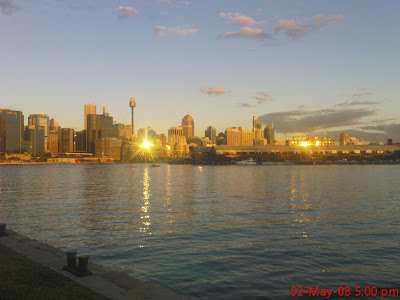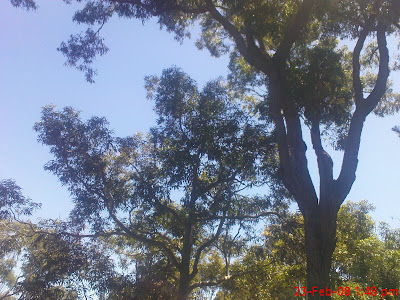Divided, Dysfunctional Souls

* And unfortunately most people do not have sufficient powers of discrimination to distinguish the artificial world of the media from the real world of everyday experience. The two worlds merge in their minds, and they can't tell them apart. What people see on the television screen is not just entertainment; it is a collection of artificial experiences which merges with their collection of real experiences and gives them a new and largely artificial basis for evaluating things and making decisions. Dr William Pierce. All that was coordinated, all that was lost, young bones striding along valley floors, laughter, the dazzling sunlight. Oh how much hope there was. We had celebrated everything, the mornings, the evenings, the nights, we had celebrated being alive and we had celebrated being of a different time. We wanted to tear down the ramparts. Now the country is run by stale old socialists who have subsumed and inverted the messages of the past, exploited social justice dogma for ...






